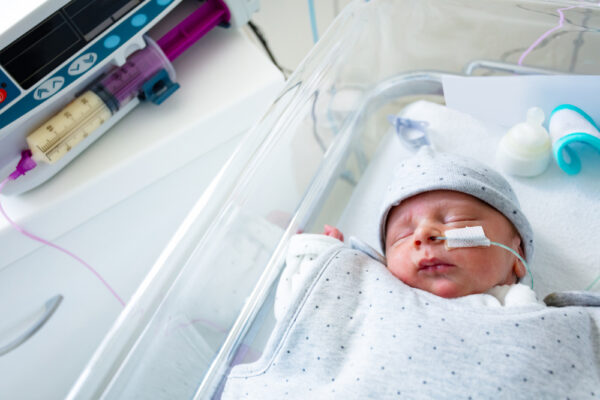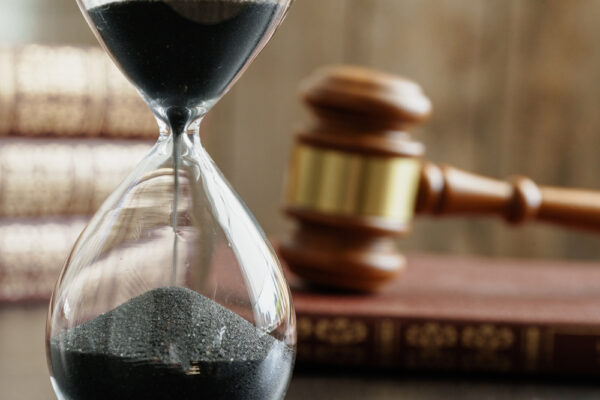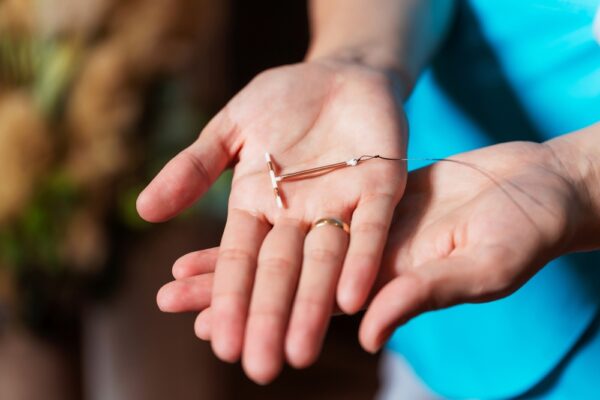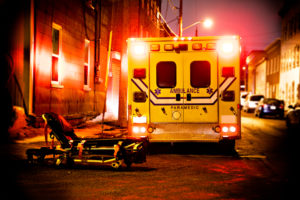The Supreme Court of Nevada reviewed Mathews v. State No. 72701, involving Donovine Michael Mathews, or Donovine Mathews, and the state of Nevada. This is an appeal from a conviction judgment, agreeable to a jury verdict, on the counts of “child abuse, neglect or endangerment with substantial harm.” The appellant Donovine Mathews’ conviction relates to an event with his girlfriend’s two-year-old son, C.J., who suffered burns on his hands while Mathews was babysitting him and his sibling.
From the time of the event, Mathews has disputed and maintained that the burns were accidental. The State of Nevada, however, alleges that Mathews had an intention to burn C.J. During the trial, the State presented testimony from three witness experts, which all brought about evidence that Mathews had intentionally burned the child victim.
Mathews, during the trial, attempted to bring forth Dr. Lindsay “Dutch” Johnson, a biomechanics expert. The testimony was intended to argue the State’s theory and to provide evidence about the cause of C.J.’s injuries. The State then filed a motion “in limine” to limit Dr. Johnson’s testimony, which the district court decided to grant following a hearing with evidence. Mathews appealed his conviction and disputed that he was denied a fair trial. This is because the district court abused its discretion in denying his expert witness and in excluding his proffered jury instruction on his theory of the case. The appeals court agrees with Mathews.
During the evidentiary hearing, the district court cut Johnson short of his testimony while he answered about his experience with burn injuries. The district court concluded that Dr. Johnson was not qualified enough to testify about the child’s burns, and so Johnson’s testimony did not have “an adequate factual foundation.”
On appeal, Mathews alleges that the district court abused its discretion by excluding Dr. Johnson’s testimony because he was qualified to testify as an expert in biomechanics, and his testimony could help the jury in determining the mechanism of C.J.’s injuries. The State argued back, stating that Nevada law does not recognize biomechanics as a field of expertise, which is why Dr. Johnson was not qualified to testify as an expert on child burns.
It was found, however, that the district court did abuse its discretion by failing to apply certain factors for the “qualification requirement” before disqualifying Dr. Johnson. The court had failed to actually consider whether Dr. Johnson was qualified to testify about the mechanisms of the injury, based on the witness’s formal education, licensure, employment experience and training.
It was also found that the district court erred in analyzing the “assistance requirement,” as in if the testimony would assist “the trier of fact.” Mathews argued that Dr. Johnson’s testimony in fact would assist the trier of fact because he had offered an additional mechanism of C.J.’s injuries, which would disprove the State’s theory, which was that the testimony was based on assumption and not fact.
Dr. Johnson’s testimony would prove the trier of fact by showing that an accidental circumstance of injury was possible. Also, Dr. Johnson was testifying not based on medical causation, but on the mechanics of the boy’s injury, which is in his expertise. The appeals court, therefore, concluded that the district court abused its discretion by failing to assess the reason for Dr. Johnson’s testimony by analyzing the “assistance requirement.”
It was also found that biomechanical experts are not excluded from testifying completely, and that weaknesses in the expert’s testimony “goes to the weight, not the admissibility, of the evidence.” The appeals court concludes that the district court abused its discretion by wrongly applying the certain factors in disqualifying Dr. Johnson as an expert witness and not allowing him to testify.
Finally, it was concluded that if the district court hadn’t erred in excluding Dr. Johnson’s expert witness testimony, there could have been actual evidence that would have warranted Mathews’ proffered jury instruction. This instruction was based on Mathew’s theory of the case and it was proven correct by Nevada law.
In McCraney v. State, it was outlined that “all persons are liable for punishment except those persons who committed the act through misfortune or by accident, when it appears that there was no evil design, intention or culpable negligence.” If Dr. Johnson had been allowed to testify, it can be reasonably probable that the jury could have concluded that the “act” Mathews committed, which resulted in C.J.’s injuries, was accidentally leaving a cup of hot water on the counter in C.J.’s reach.
The appeals court concludes that the district court abused its discretion in denying Mathews’ proffered instruction and that such error was not harmless. The appeals court orders the judgment of conviction reversed and remanded this matter to the district court for a new trial.

Nationally recognized litigation attorney Thomas Metier practice areas include traumatic brain injuries, spinal cord injuries, trucking accidents and motor vehicle accidents. He is licensed to practice in Colorado, Wyoming, the U.S. District Court–District of Colorado, and the U.S. District Court–District of Wyoming, the 10th Circuit Court of Appeals and the U.S. Supreme Court.













Comments for this article are closed.